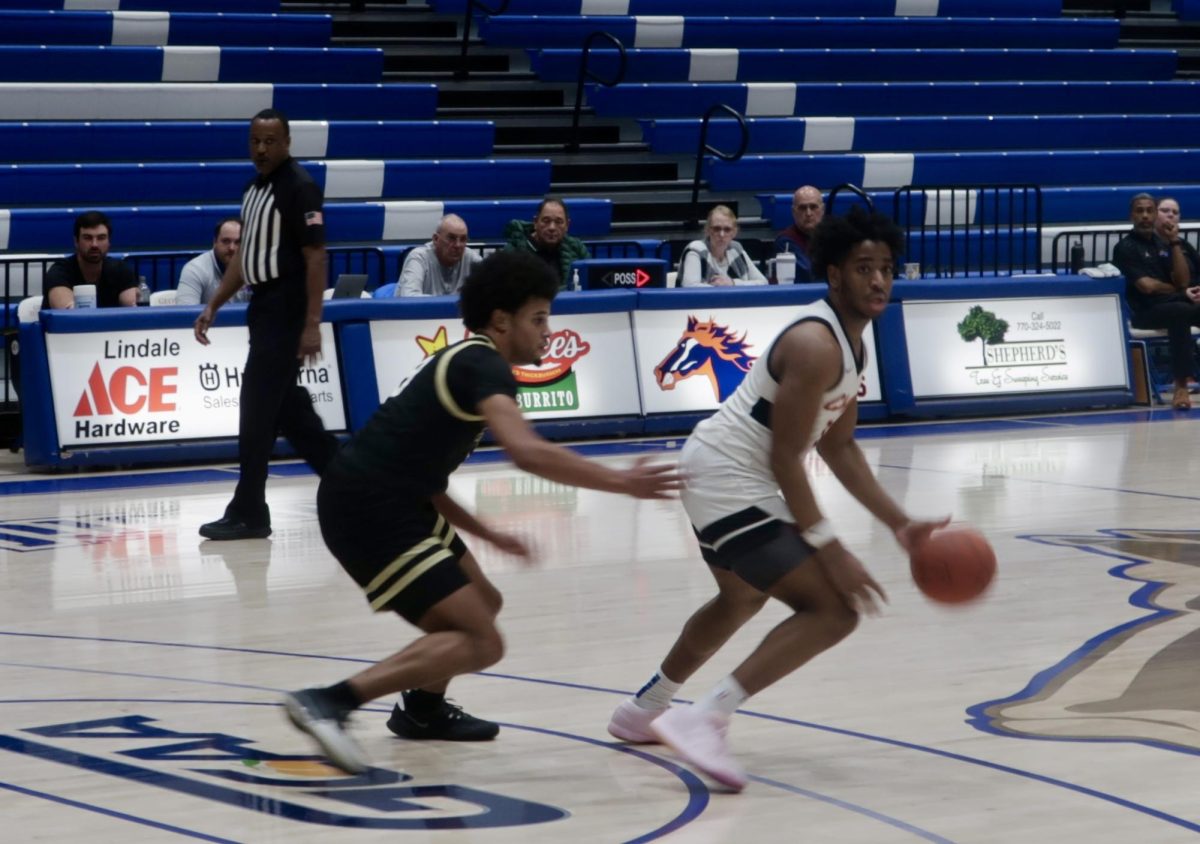Group projects can make or break your college life
May 5, 2023

For group projects
By Ainsley Howard
Group projects are a vital part of school and work life. If you have ever wondered why teachers keep assigning group projects despite how disliked they are, it’s because the potential pros of doing them ultimately outweigh the potential cons.
Although, one’s group project experience is largely dependent on the other group members, so this may be a matter of perspective. However, the beneficial effects of group projects on our co-operational and communication skills should not be overlooked.
Cooperation is vital in getting things done in our society, and group projects are a good way to teach students how to coordinate well with other people. After all, they may not only have to deal with group projects at school, but also in a work setting.
Students also learn important social skills in group projects. They not only learn the importance of working in a group, they learn how to effectively communicate with other people so that things go smoothly. This is not only valuable in the workplace, but in everyday life.
Too few college students have such skills. Unless they take a communications class or two, it’s likely that they will have to learn them by trial and error when they enter the workforce. Group projects teach these valuable communication skills to students who otherwise may not formally learn them in school.
I understand there are several ways a group project can go wrong, such as group members disagreeing on where to take the project or a few members doing most of the work while the others slack off. However, even this can be a learning experience. This does not always happen, but it’s possible that someone who shirks their duties on a group project won’t receive credit.
Hopefully this will teach them to rise to the occasion and do their part when called on to do another project. One should not write off group projects entirely because of the personal failings of individual group members.
Group projects get a bad rap, admittedly for good reason. It can be frustrating to work on one, especially if all of your group members aren’t on the same page or doing their fair share of the work. However, group projects are necessary for students to develop the kind of cooperation needed in the workplace.
Against group projects
By Tami-Ann Treasure
Educators may view group projects as a team-building activity to prepare students for collaborating with others in the real world. However, I have never had a group project work out in my favor. I am often left suffering with most of the work, especially at crunch time to save my grade.
Because of this, I am left with distaste after completing each one. Giving all participants the same grade for work that one or two people did will never be fair.
There is no sure way to determine who did what unless everyone is assigned a specific task and submits it to the professor separately. Even this has a disadvantage as the way the work is divided is usually determined by the group members, not under the discretion of the instructor.
Group projects are not the blueprint for preparing cooperation in the workplace. This is dependent on each individual’s abilities and willingness to work with others.
College students are busy and naturally hard to reach, so gathering for a group project is almost impossible. I have been in a situation where a meeting was attempted to be scheduled for two weeks before most members were available. This did nothing but cause our work to suffer.
Group projects allow good grades to be given to undeserving students who procrastinate and do not contribute at the expense of the stress and effort of the students that did. Imagine a group project holding the weight of 25% of your final grade and failing because of others.
At the college level, group projects are not great examples of promoting interpersonal skills as participants do not care to stay in touch after the project is completed. Therefore, the intended team-building goal is not met.
Group projects are not the best way to teach team-building skills or prepare us for real-life collaborations. They instead have the opposite effect, making us detest group work and only hurt us in the end.







































































Jeff Smith • Feb 12, 2024 at 8:42 am
There is little similarity between working on a group project in a class and working as part of a group at work. At work, there is a project manager or team leader who keeps the project on track, ensures coordination within the group, and handles conflicts within the group. At work, most of the group members already possess the knowledge to perform their tasks, unlike in a college class group where some, or all, of the members might know little about what they’re doing. In a work group, most of the members already have an established role within the organization and would expected to be assigned tasks consistent with that role. At work, people generally have an incentive to do their share of the work (bigger raise, increased chance for promotion), unlike in a college class where some of the students may be taking the class because it is a requirement and have no real interest in the class. To claim that a college group project develops important workplace skills is bogus. If a person doesn’t know how to play well with others by the time they get to college, they likely will never learn.